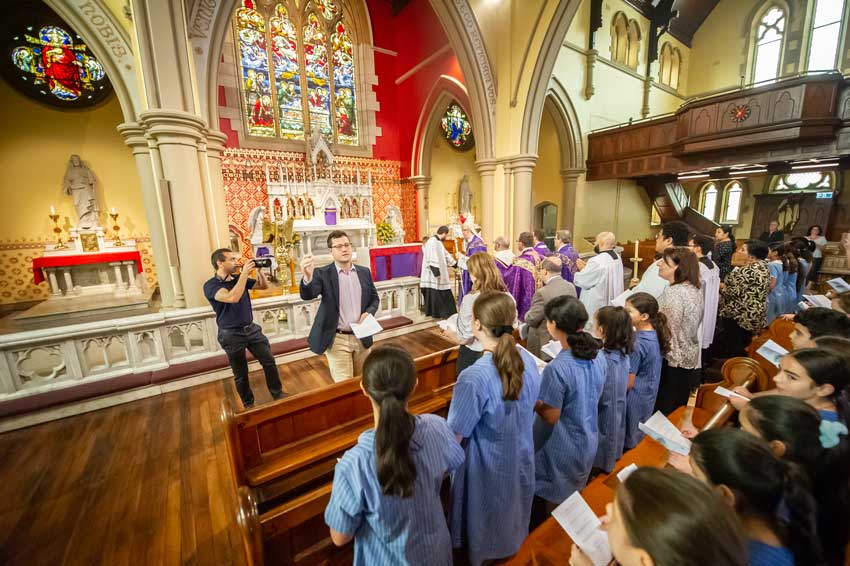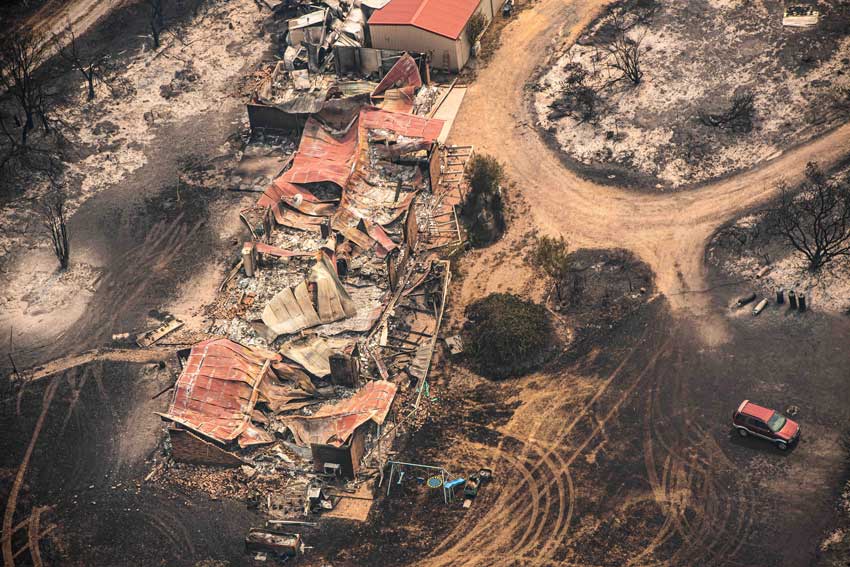
The ABC’s “simplistic and inaccurate” analysis of Catholic school funding released on 2 September does not grasp the complexity of the funding model for non-government schools according to National Catholic Education Commission executive director Jacinta Collins.
“Despite the sophisticated-looking graphics, the ABC’s analysis doesn’t grasp the complexity of the funding model for non-government schools, and grossly misinterprets the way Catholic schools in New South Wales distribute funding,” said Ms Collins.
ABC’s analysis doesn’t grasp the complexity of the funding model
Instead of understanding the context behind the data, the ABC interpreted funding from a rigid measurement based on a system-average SES Government model which was in place from 2014 to 2017.

When the Australian Government removed the SES arrangements in 2018, the Australian Government agreed to calibrate its funding model to allow greater flexibility on the ground with non-government schools.
The NCEC told The Catholic Weekly the model of non-government school funding therefore is never an entitlement subsidy given by the Government directly to parents as the ABC article suggests but rather is a pool of money to be distributed according to each specific need.

“It is astounding that the ABC would treat the model as a reasonable indication of need or ‘entitlement’ for Catholic schools,” said Ms Collins.
An example of such a dynamic was demonstrated during the 2019-2020 bushfire season where the flexibility of NSW Catholic school government funding allowed for a redistribution of funds for bushfire and drought affected families; this would not be possible in an ‘entitlement’ model the ABC wishes to impose on NSW Catholic schools.

Adjusting and calibrating school funding is an ongoing process and the Australian Government and non-government schools are working on with complexity.
“First and foremost, students in regional and remote NSW Catholic schools receive substantially more funding than students in metropolitan areas and pay less in school fees which acknowledges the particular challenges of these schools,” Ms Collins said.
“In 2018, students in the state’s regional and remotes dioceses of Wilcannia-Forbes, Armidale, Wagga Wagga, and Bathurst received around $16,100 and $21,000 per student in funding compared to students in metropolitan Sydney who received on average around $14,300 per student. In the same year, regional and remote families also paid up to 2.8 times less in school fees than families in metropolitan Sydney.
“The government recognised the old measure of school funding based on SES scores was flawed, and the new direct measure of income is better but still requires further refinement, which is why Catholic schools are allowed to redistribute funding.
avoid such simplistic representations
“ABC analysis is therefore working off flawed interpretations that the amount allocated by the government is an entitlement to each school.”

“In calling for greater transparency of non-government school funding, the expert National Schools Resourcing Board was also keen to avoid such simplistic representations to promote proper transparency,” said Ms Collins.
Related Stories:
